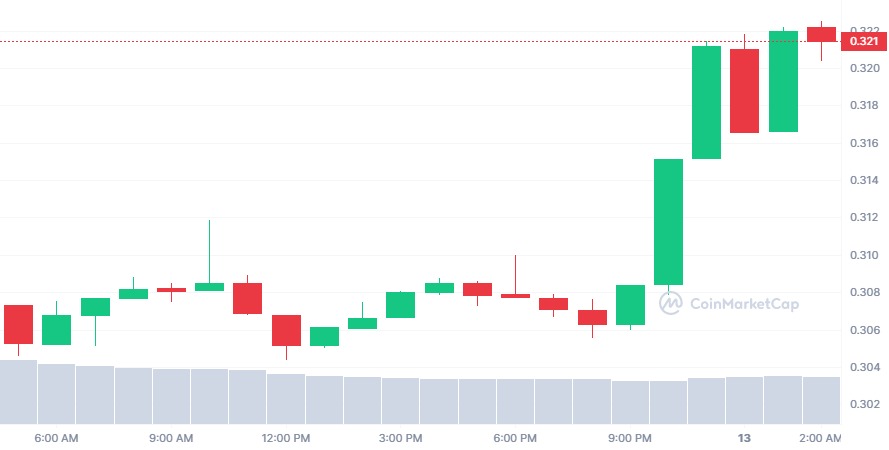
Cardano (ADA) founder Charles Hoskinson has dismissed accusations of centralization in the cryptocurrency’s governance structure following a Twitter thread by Vanessa Harris, Product Leader and Web3 Advisor. https://twitter.com/IOHK_Charles/status/1632160888386998278
However, Harris criticized the CIP-1694 proposal, which outlines Cardano’s governance mechanisms, specifically the constitutional committee’s vast powers. Additionally, which can “veto any governance action except motions of no-confidence or calls for a new committee. “
In response, Cardano founder Charles Hoskinson dismissed the accusations of centralization, calling them “categorically false.” Harris argued that “this centralizes power in the hands of a few individuals, notably current insiders,” and called it a veneer of decentralized governance.
Cardano Founder Denies Centralization Accusations
Hoskinson responded during a Twitter Spaces conversation, acknowledging that governance is “a complicated affair” but categorically denying Harris’s accusations of centralization.
He asked Rick McCracken DIGI, a Cardano Community Member, whether he thought CIP-1694 was an IOG takeover of governance, to which McCracken replied, “Nope. It is not.”
Furthermore, the CIP-1694 proposal outlines four components of Cardano’s governance:
a constitution, a governance body, governance actions, and voting mechanisms. Moreover, the constitution is yet to be written, and the entire premise of the governance body, actions, and constitutional committee depends heavily on its contents.
The constitutional committee, insiders from IOG et al., SPOs, and delegated representatives (DReps) divide the governance body. Users can delegate their voting power to these entities.
Harris criticized the fact that ADA stakers, regular users of the cryptocurrency, cannot participate in governance without becoming a DRep. They are still discussing the thresholds for becoming a DRep.
She suggested that regular ADA users will have no direct control over governance and called for individual stakers to be able to override their delegate’s vote on controversial proposals.
Harris also noted that the governance actions seem a reasonable initial set but do not yet account for spam. She suggested that a mechanism where users put some funds at risk for a proposal, similar to Cosmos’s ‘No with Veto’ vote, could be introduced.
She questioned how stale votes are treated, suggesting that they expire each epoch, and raised concerns about quorum requirements and fallback to SPO vote.
While Harris’s criticism of the CIP-1694 proposal has sparked debate in the Cardano community. Hoskinson and McCracken have denied accusations of centralization. In addition, they emphasized the need for clarification and communication around the proposal.
Cardano (ADA) Price Review
Cardano’s native token, ADA, has had a rough week in the crypto market, experiencing a 10% decline in value. Now ADA’s head toward recovery with other cryptocurrencies after a downward trajectory week. Over the past 24 hours, ADA’s price has experienced a gain of nearly 7%, currently trading at $0.321.

Related Reading | U.S. Government’s Transfer Of $1B Bitcoin Raises Concerns Among Investors








